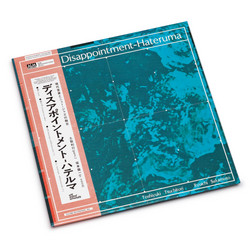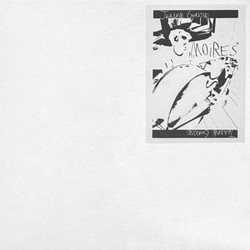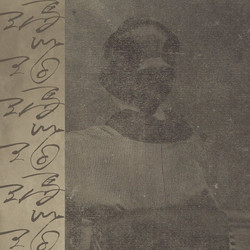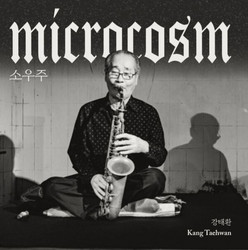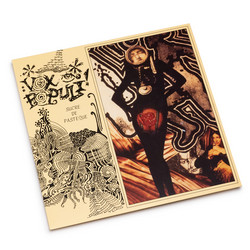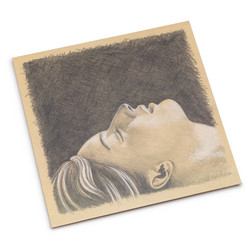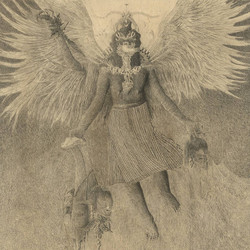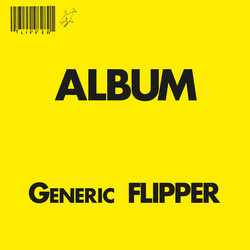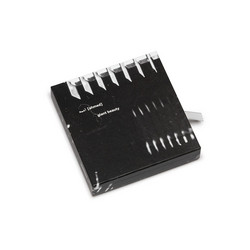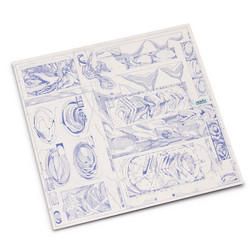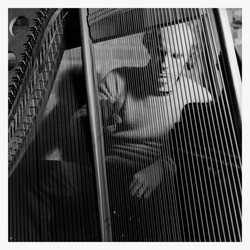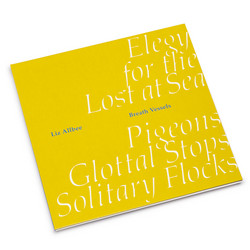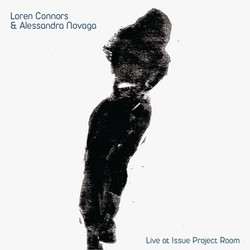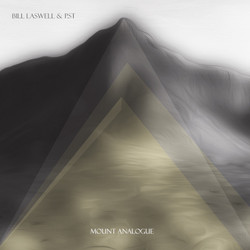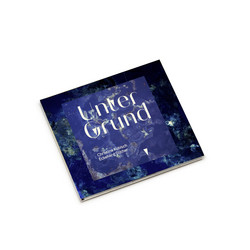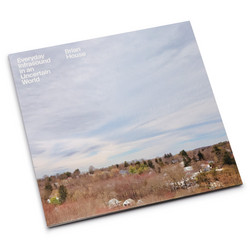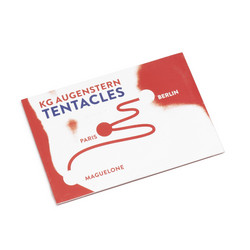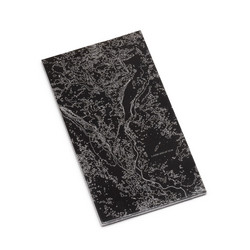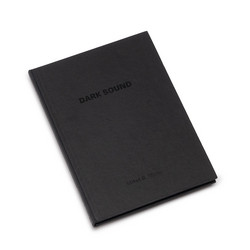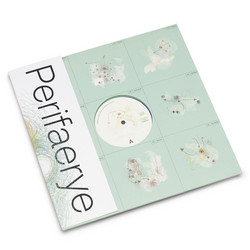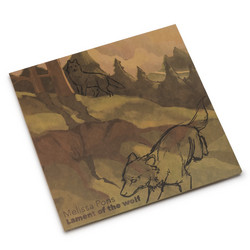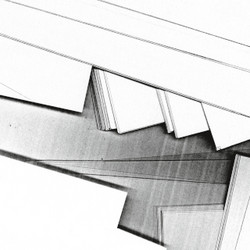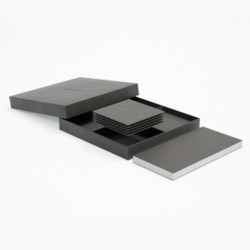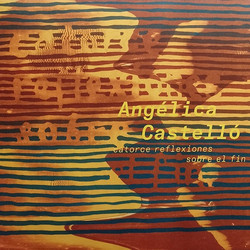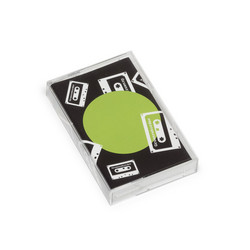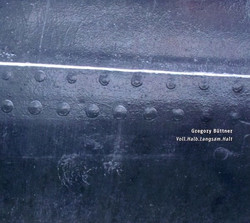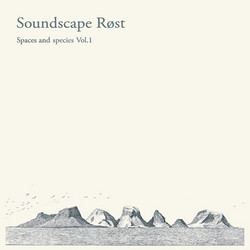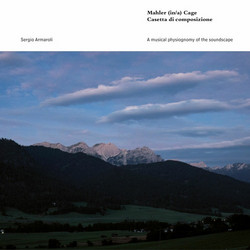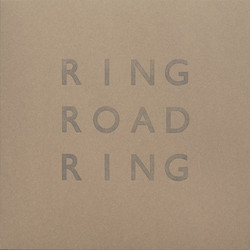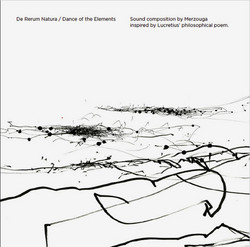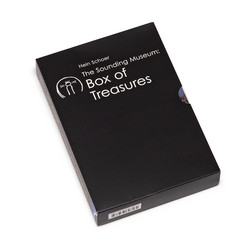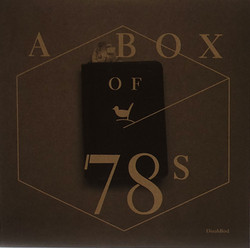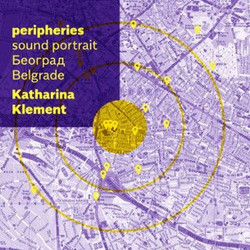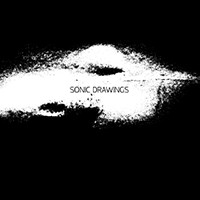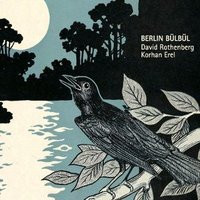Tom Lawrence
Water Beetles of Pollardstown Fen
What is presented in this CD is a very alien world, a hitherto unheard aural environment that breaks with all our preconceived notions of what underwater life should sound like. All our traditional conceptions and inherent cultural conditioning are overwritten, deemed void and deleted. The work contained in this CD redefines our notions of underwater life and presents a world of alarming sophisticated communication; a myriad of signal generation, perpetuated by a plethora of intelligent species. In this booklet, Pollardstown Fen and the mechanics of insect stridulation are examined before an explanation of the contexts of the sound recordings and the methodologies employed are discussed. While every attempt at comparative analysis, spectral analysis and species identification from the known literature have been made, a certain interpretive license has been used in suggesting the meaning of the sounds recorded. Without doubt, further detailed investigations are necessary to be convinced with scientific certainty the meaning and context of each communication. Another consideration is that no mechanical devices were operating on the Fen during the period that these recordings were made. The recordings are not contaminated by any electrical interference. Other than an occasional overhead aircraft, no other sounds from above the water are present in the recordings. Pollardstown Fen is one of the last remaining calcium-rich spring-fed post-glacial valley fens in Western Europe. Preserved by the constant flow of water from 40 springs, the fen is an alkaline marsh of around 550 acres on the northern margin of the Curragh, Co.Kildare (grid ref. N765160). An ancient landscape with a unique ecology of rare species, Pollardstown Fen is of international importance and is designated a Statutory Nature Reserve, Natural Heritage Area, Special Area of Conservation, Ramsar Site and Biogenetic Reserve.According to extant research, amongst the plethora of stridulating invertebrates that exist in the aquatic ecosystems of Pollardstown Fen, are the following water beetles and water bugs: Water Scorpion (Nepa cinerea), Greater Waterboatman (Notonecta spp.), Lesser Waterboatman (Corixa spp., Sigara spp., Hesperocorixa spp., Callicorixa spp.), Water Beetle (Acilius sulcatus), Great Diving Beetle (Dytiscus marginalis), Whirligig Beetle (Gyrinus substriatus). Each of these water insects are known to produce sound through a process called stridulation.

